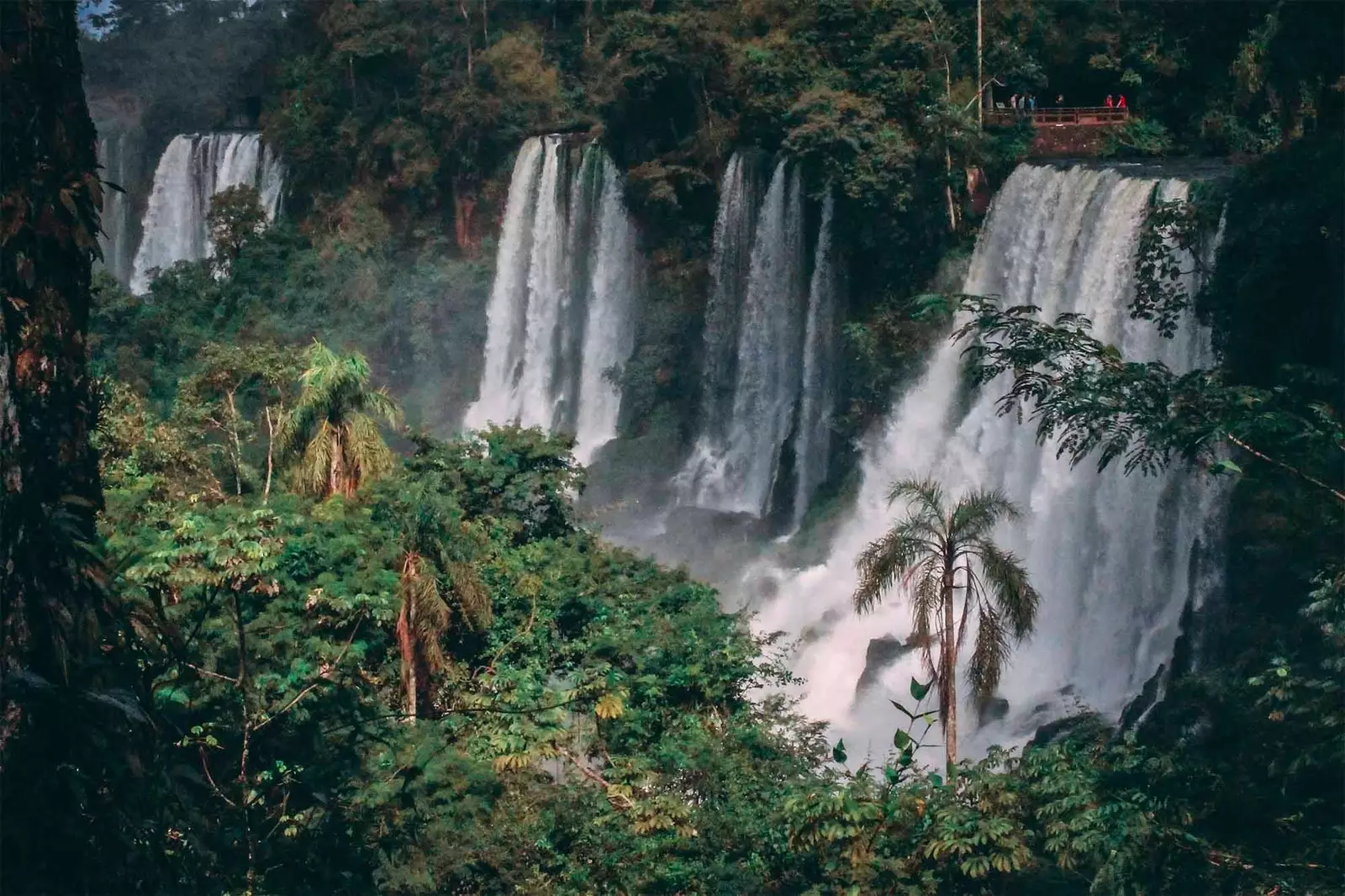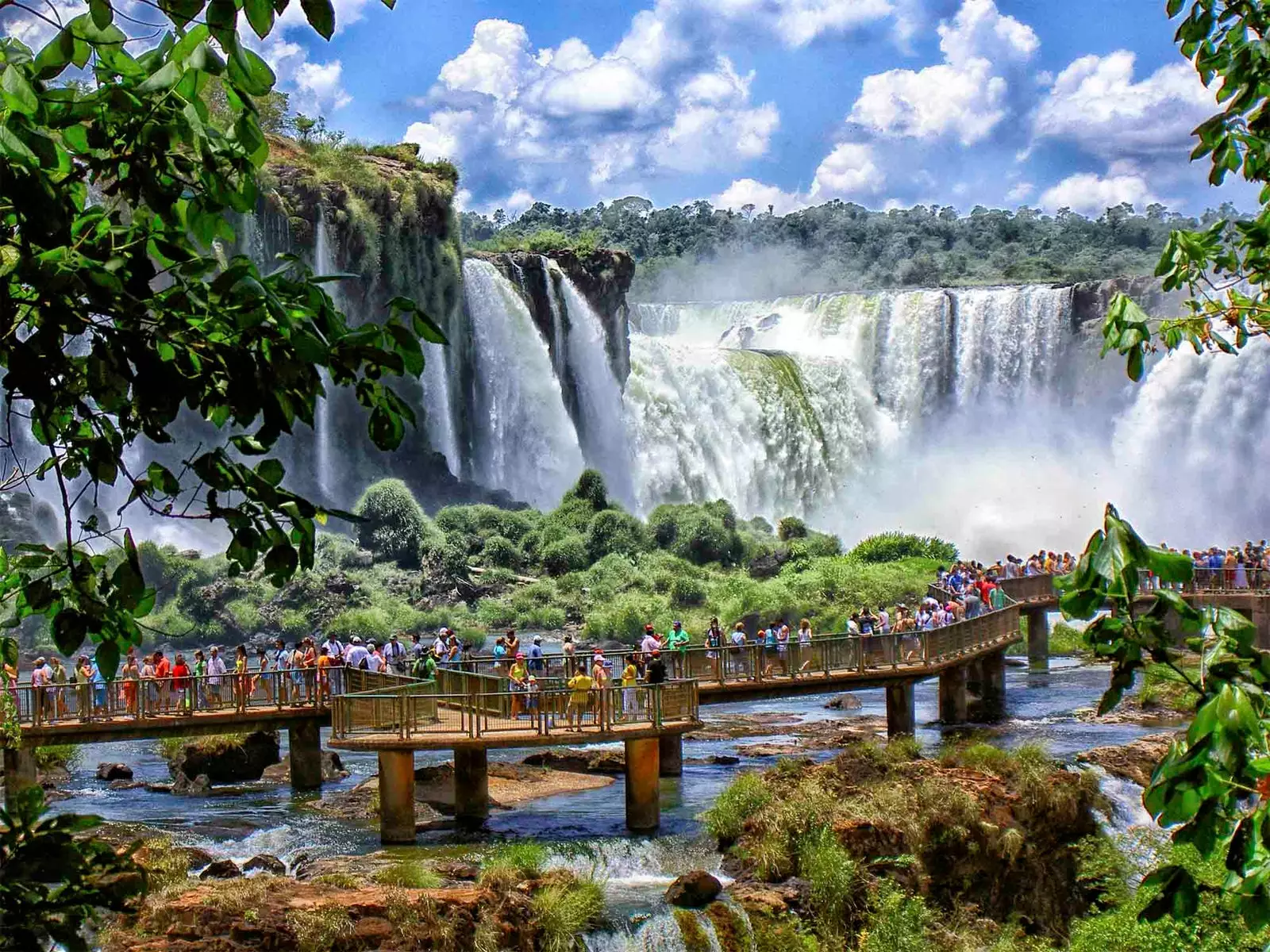
The beautiful Iguazú Falls, in Misiones (Argentina)
1,400,000 euros. That is the amount that is collected annually at La Fontana di Trevi, in Rome, visited by thousands of tourists a day making thousands of wishes at the same time. These coins, as we have already explained, are donated to charitable causes; in this case, to Caritas.
The same thing happens with those that are thrown into the fountains of the Disney parks or the artificial lake of the Bellagio casino and resort, in Las Vegas, without, apparently, no harm to anyone.
But what happens when, instead of throwing coins into these waters, we decide to throw them into natural aquifers? To begin with, what we force to mobilize personnel to pick them up . This has happened in the Iguazú falls, where, last October, 20 workers collected 90 kilos of coins near Devil's Throat
The cleaning, which is carried out annually, has surprised the authorities, who, according to Clarín, collected less than half that amount in 2018. Also, keys were also found that close the padlocks that many lovers hang on the bridges in the area. As if that were not enough, in the Brazilian part of the falls, the figure is even higher, since it amounted to 300 kilos of metal in 2019.

Hundreds of thousands of people visit the famous falls each year
"This is a practice that can affect the water where these objects are thrown," Julio Barea, doctor in Geology and Greenpeace sustainability expert, explains to Traveler.es. “Some of these pieces may be more or less soluble in water, which makes increase in the river the concentration of metals and other elements contained in coins, padlocks, keys and other objects.
“Although it is a minority practice and whose impact is very uneven (Iguazú is not the same as the emergence of a town), it is recommended not to throw or throw any object at these places (nor to anyone), because, in many cases, they are sources of water for people and from which animal and plant species live. What is natural and ecologically recommended is that they remain as they are, without external and strange contributions from the human being”, concludes the expert.
In addition, the guide Héctor Mulawka, who was part of the collection team in Argentina, provided Clarín with another worrying fact: when the coins are not quickly deposited in the river bed, they can be swallowed by fish, which mistake them for food.
Likewise, despite the fact that, as Barea points out, the prevalence of this practice is unequal, there is at least one other country in which the impact of what is thrown into the rivers is really worrying. We talk about India, where coins and other metals, such as jewelry and costume jewelry, are thrown as part of certain sacred rituals. The consequences, in its already polluted waters, are also extraordinarily harmful.
